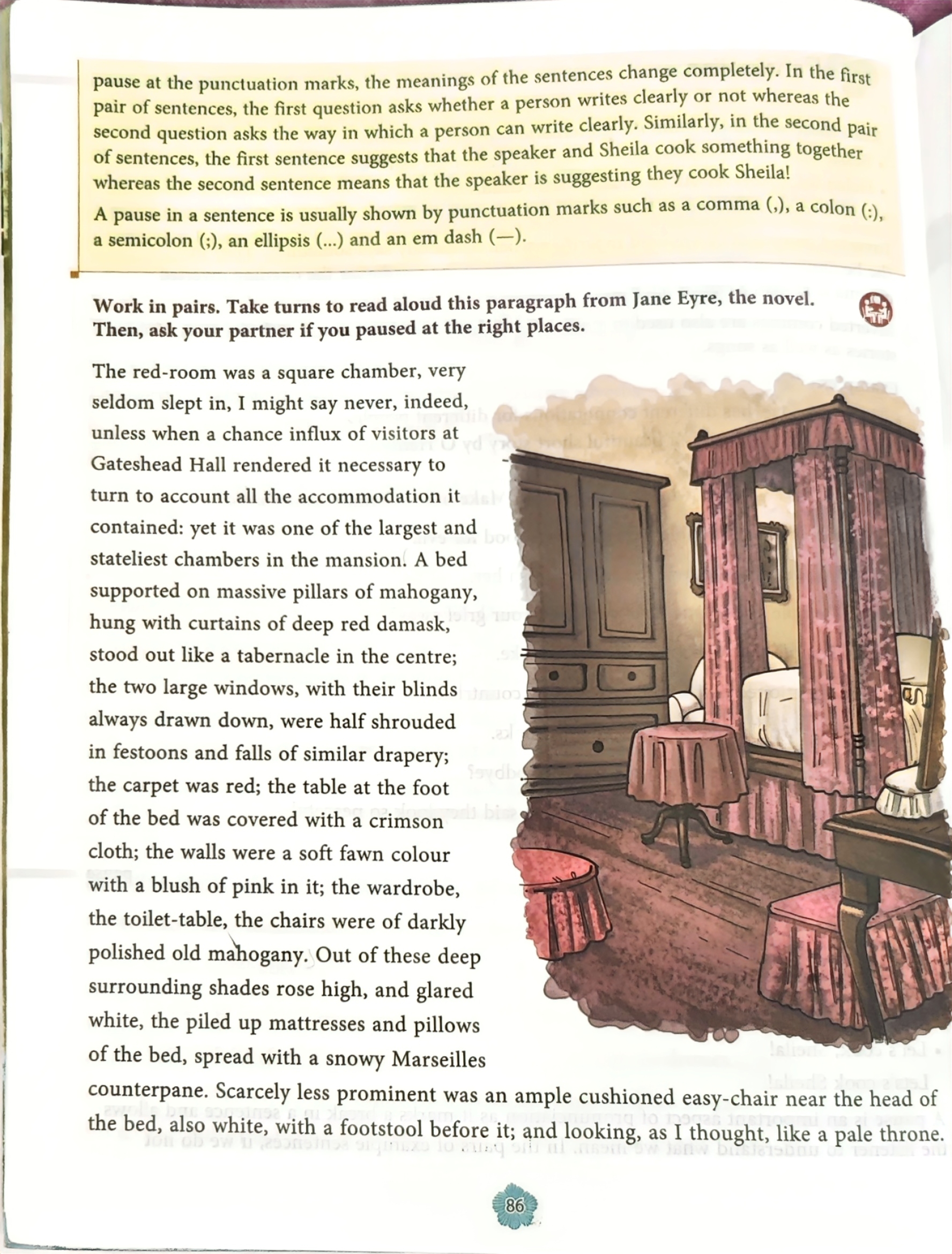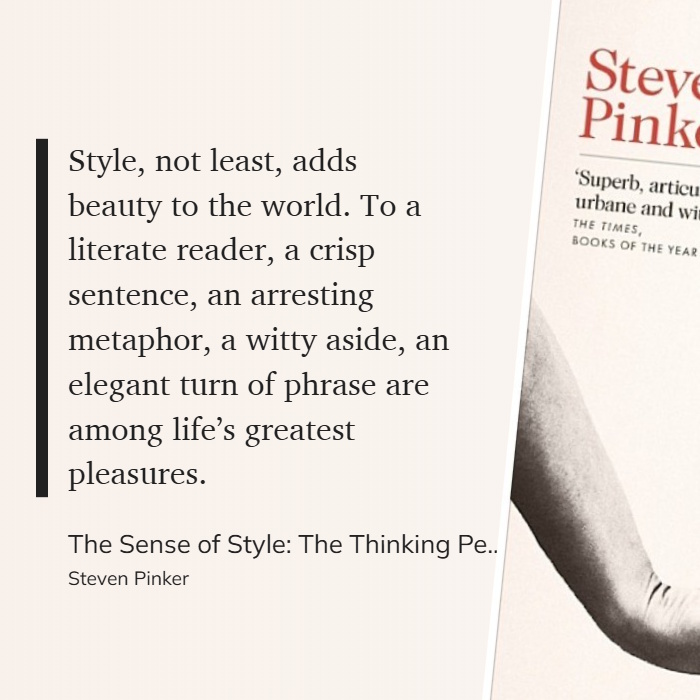I have this #kvetch with messaging apps like WhatsApp, Telegram, or whatever new messaging is out there.
When someone from my kid's school group messages me, they see the same name and profile photo as my old work colleagues do. Same as my book club friends. Same as people in my PKM communities who only know me as someone obsessed with note-taking systems.
In real life, I'm a slightly different version of myself in each of these spaces. Different contexts, different modes. I don't talk about Zettelkasten methods in my kid's school meetings. I don't use the same tone with former coworkers as I do with people I knew in college.
But messaging apps don't get this. They give you one name, one photo, one bio, and that's your identity everywhere inside the app. You can have different profile photos in each app, but that's not what I'm talking about.
Discord sort of tries—you can set nicknames per server and change your avatar. But your username still percolates through. Slack's slightly better, lets you customize per workspace, but then you're locked into that same identity in every channel, whether you're in #random or #doc-ops.
What I actually want: let me define who I am per group. Different name, different photo, maybe even a different bio or contact info depending on the context. Let me be "Xavier (Max's dad)" in the school chat and "Xavier" in another and "that person who won't shut up about Obsidian" in a third.
I contain multitudes, as Whitman said. So why can't my messaging apps?


